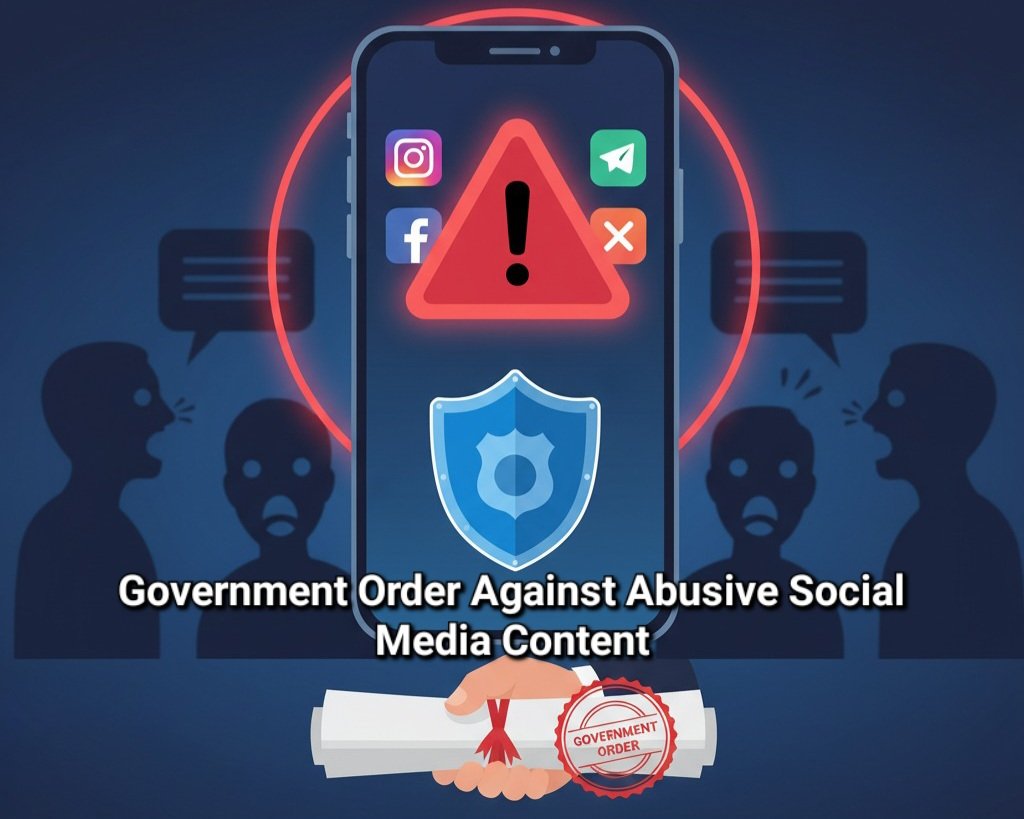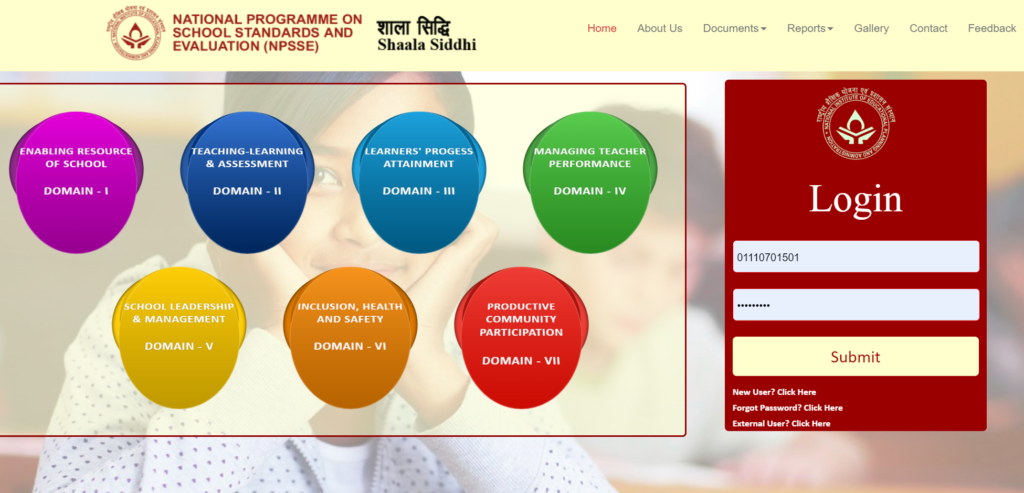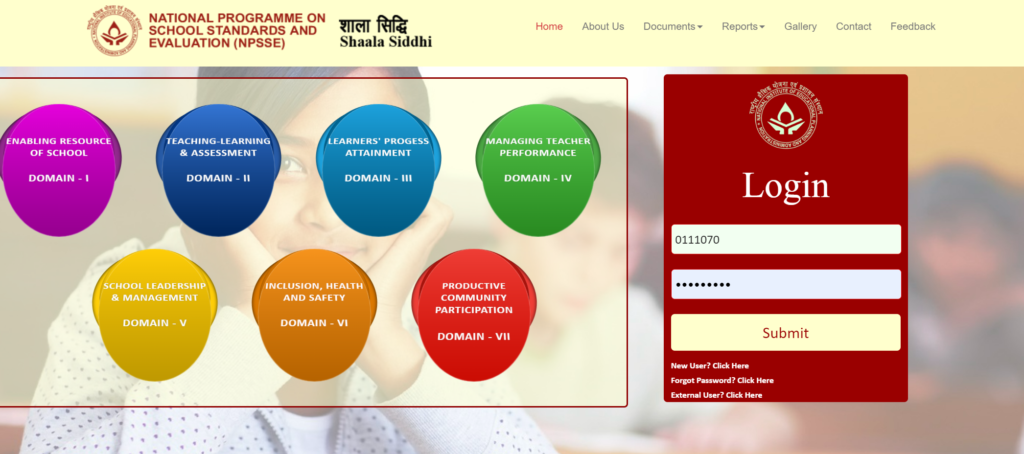Table of Contents
ToggleGovernment Order Against Abusive Social Media Content: A Step Towards Responsible Online Space

Government Order Against Abusive Social Media Content: A Step Towards Responsible Online Space
The rise of digital platforms has changed how people interact, share information, and express opinions. Social media has become an integral part of everyday life, connecting people across the world. But with these benefits comes a darker side—abusive language, offensive posts, and harmful rumors that spread rapidly online. To address these challenges, the Indian government has been issuing directives to ensure that social media remains a safe space for communication. Recently, a strict Government Order Against Abusive Social Media Content was issued, highlighting the responsibility of both users and administrators in monitoring online discussions.
This blog explores the details of the order, its legal background, its impact on group admins and users, and why such steps are necessary in today's digital world.
📋 Why the Government Stepped In
India has one of the world's largest social media user bases. Millions log in daily to Facebook, WhatsApp, Instagram, X (formerly Twitter), and Telegram. While these platforms encourage healthy dialogue, they have also been misused to spread hate speech, abusive remarks, misinformation, and even incite violence.
The need for a Government Order Against Abusive Social Media Content arises from the increasing number of cases where objectionable posts have created communal tensions, disrupted law and order, and even caused legal issues for innocent users and group administrators.
The government recognized that unregulated content could not only harm individuals but also disturb public peace. That is why new regulations were put in place, giving both the authorities and social media companies the responsibility to act against offenders.
⭐ Key Highlights of the Order
The latest directives, such as those issued by Bhopal Police under Bharatiya Nagarik Suraksha Sanhita, 2023, outline clear rules for social media activity. Here are the major highlights:
👥 Accountability of Group Admins
In WhatsApp groups or similar platforms, admins are held responsible if offensive or abusive content is shared and not removed immediately. This makes admins more cautious in managing discussions.
🚫 Prohibition on Inflammatory Posts
Sharing content that may disturb communal harmony, insult individuals, or provoke violence is strictly prohibited.
💬 Action on Comments and Likes
Surprisingly, even likes or supportive comments on objectionable posts can attract legal consequences. This ensures that users think twice before endorsing harmful content.
🏢 Cyber Café Monitoring
Internet cafés must record IDs of users and maintain digital logs. This helps trace offenders in case of cybercrimes.
⚖️ Legal Penalties
Violation of the Government Order Against Abusive Social Media Content can lead to strict legal action under Bharatiya Nyaya Sanhita, 2023 provisions.
📚 The Legal Backbone
The government order is not just a temporary step; it is backed by strong legal frameworks:
Section 69A of the IT Act, 2000
Allows the government to block any online content threatening national security, sovereignty, or public order.
IT Rules, 2021 (Intermediary Guidelines and Digital Media Ethics Code)
Requires platforms to act swiftly on complaints and set up grievance officers in India.
Prohibitory Orders under BNSS 2023
Provide state authorities the power to penalize those who spread objectionable material.
By combining these laws, the government has ensured that abusive content online is no longer taken lightly.
🌐 Role of Social Media Platforms
While the Government Order Against Abusive Social Media Content highlights the role of law enforcement, social media companies themselves must also play an active part. Platforms are required to:
- Appoint compliance officers in India.
- Provide grievance redressal systems for quick user complaints.
- Take down flagged content within 24–36 hours.
- Cooperate with law enforcement agencies in investigations.
These steps make sure that companies like Meta, X, and Telegram cannot escape responsibility.
⚠️ Why Group Admins Must Be Careful
One of the most important aspects of this order is the liability of group administrators. Earlier, admins argued that they were not responsible for every message shared in their groups. But now, the Government Order Against Abusive Social Media Content makes it clear that admins must monitor and, if necessary, remove harmful posts immediately.
For example, if someone shares a post that insults a community or spreads a false rumor, the admin must either delete it or report it. Failing to do so could invite police action.
This ensures that admins take their role seriously and do not allow their groups to become platforms for hate.
✨ Positive Impact of the Order
This initiative has several positive outcomes:
Safer Online Environment
People will think before posting abusive comments.
Responsible Discussions
Admins will encourage meaningful conversations instead of allowing negativity.
Protection of Citizens
Individuals will feel safer from targeted abuse.
Reduced Rumor-Mongering
Quick removal of false or inflammatory content will prevent panic and violence.
The Government Order Against Abusive Social Media Content is, therefore, not just a legal tool but also a step towards creating a healthier digital ecosystem.
🔍 Criticism and Concerns
While the order is well-intentioned, critics argue that it could be misused to suppress free speech. Some believe that ordinary jokes or strong opinions could also be wrongly labeled as "abusive." Others worry about the burden placed on group admins, who may not always be available to monitor every message.
To balance freedom of speech with safety, authorities must ensure that only truly harmful and objectionable content is targeted, while genuine expression remains protected.
🛡️ How Citizens Can Stay Safe
Here are a few tips for users to avoid trouble under the new rules:
Think before you post
Ask yourself if your content could hurt someone or cause legal issues.
Avoid forwarding unverified information
Many people get into trouble by sharing fake news.
Respect all communities
Never post or endorse content that insults religion, caste, gender, or personal identity.
If you are a group admin
Set clear group rules, remove objectionable posts quickly, and educate your members.
By following these steps, users can enjoy social media without worrying about penalties.
🚀 The Way Forward
The digital world is here to stay, and so are the challenges it brings. The Government Order Against Abusive Social Media Content is part of India's larger effort to regulate online spaces responsibly. It is not about restricting voices but about ensuring that freedom of speech is not misused to harm others.
As technology advances, such laws will evolve further. Citizens, social media companies, and the government must work together to maintain the right balance between freedom and responsibility.
✅ Conclusion
The internet is a powerful tool, but with power comes responsibility. By issuing a strict Government Order Against Abusive Social Media Content, the authorities have shown their commitment to protecting citizens from harmful online behavior. This order makes group admins, users, and platforms equally accountable, ensuring that everyone contributes to a safer digital environment.
In the long run, such steps will not only reduce cybercrimes but also build a culture of respectful dialogue. For ordinary citizens, the message is clear—use social media wisely, think before you share, and remember that every online action has real-world consequences.


